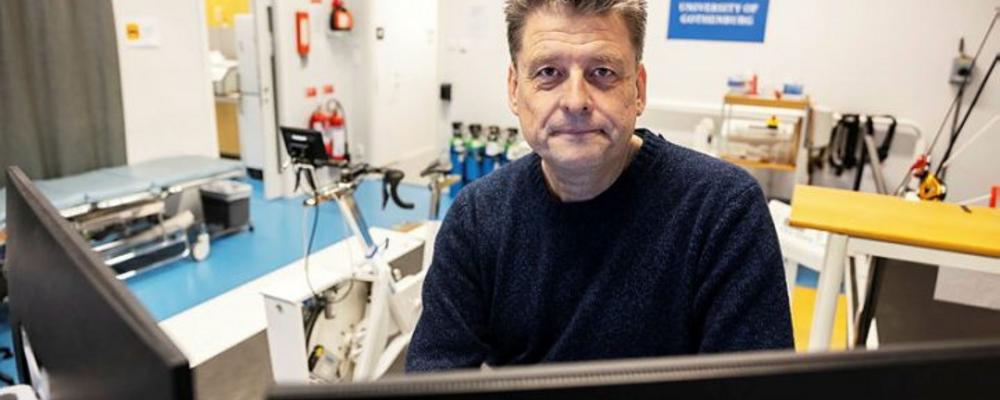Sahlgrenska University Hospital and the University of Gothenburg are conducting advanced epidemiology research related to both diseases and the importance of lifestyle. The new Center for Lifestyle Intervention is an addition to this collaboration, further strengthening the unique profile on lifestyle-related illness at Östra Hospital (part of Sahlgrenska University Hospital).
“We aim to address perhaps the biggest challenge in health and medical care system: the increase in lifestyle-related illness,” says Chief Physician Mats Börjesson, a professor of sports physiology, a heart specialist, and the center director.
Opening in February
The concept includes factors like sedentary lifestyle, tobacco use, and an unhealthy diet, all of which explain why more and more people are at risk of suffering from cardiovascular diseases, cancer, and type-2 diabetes.
The Center for Lifestyle Intervention will be inaugurated on February 22, 2023. Sahlgrenska University Hospital and the Institute of Medicine at the University of Gothenburg will operate the center, possibly in collaboration with other research teams both inside and outside the hospital and with industry and other external parties. They will focus on clinical research about changing lifestyle to benefit patients.
“We work on developing personalized methods that create a healthier lifestyle and channel that knowledge to practices in health and medical care system, including primary care. We need more knowledge about how to enable and sustain lifestyle changes throughout life, and the chances of achieving change increase through uniquely adapted advice and interventions,” says Börjesson.
Intervention for overweight
During the spring, an intervention study focusing on overweight will begin. Patients offered an opportunity to participate in the study will receive personalized advice and support about factors like diet and physical activity.
Establishing the Center for Lifestyle Intervention at Östra Hospital offers advantages from a geographical perspective. Several related research projects are ongoing here, including those headed by Marcus Lind, a professor and chief physician who is responsible for the research unit for diabetes at the hospital.
“Lifestyle factors play a key role in the treatment of type 2 diabetes,” he says. “If you succeed with these interventions, you have made great progress in the treatment in many cases. Healthy lifestyle habits are also important in type 1 diabetes. It is gratifying to be able to cooperate with the Center for Lifestyle Intervention.”
Next year another related research project will be established at Östra Hospital. The second stage of SCAPIS (the Swedish CardioPulmonary bioImage Study) will start in a comprehensive study of the hearts, blood vessels, and lungs of more than 30,000 participants.
“The main vision of SCAPIS is to reduce these types of diseases in future generations, or at least postpone them until advanced age. Through research, we can identify those at risk of becoming ill and treat them early. This is about helping people have more healthy years,” says Göran Bergström, a professor at the University of Gothenburg and chief physician at Sahlgrenska University Hospital.
BY: SAHLGRENSKA UNIVERSITY HOSPITAL
PHOTO: PAUL BJÖRKMAN, ANETTE JUHLIN, AND JOHAN WINGBORG
